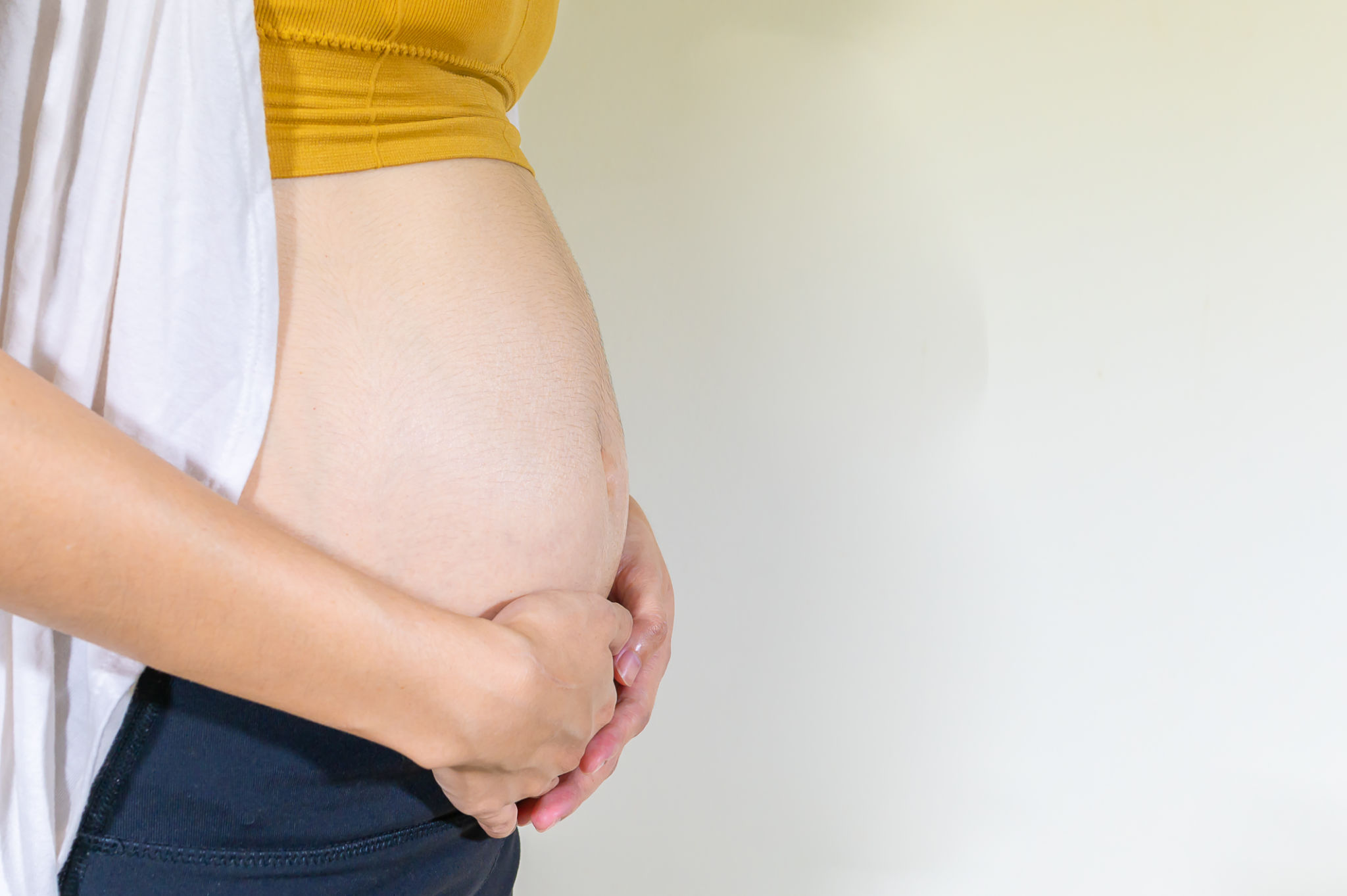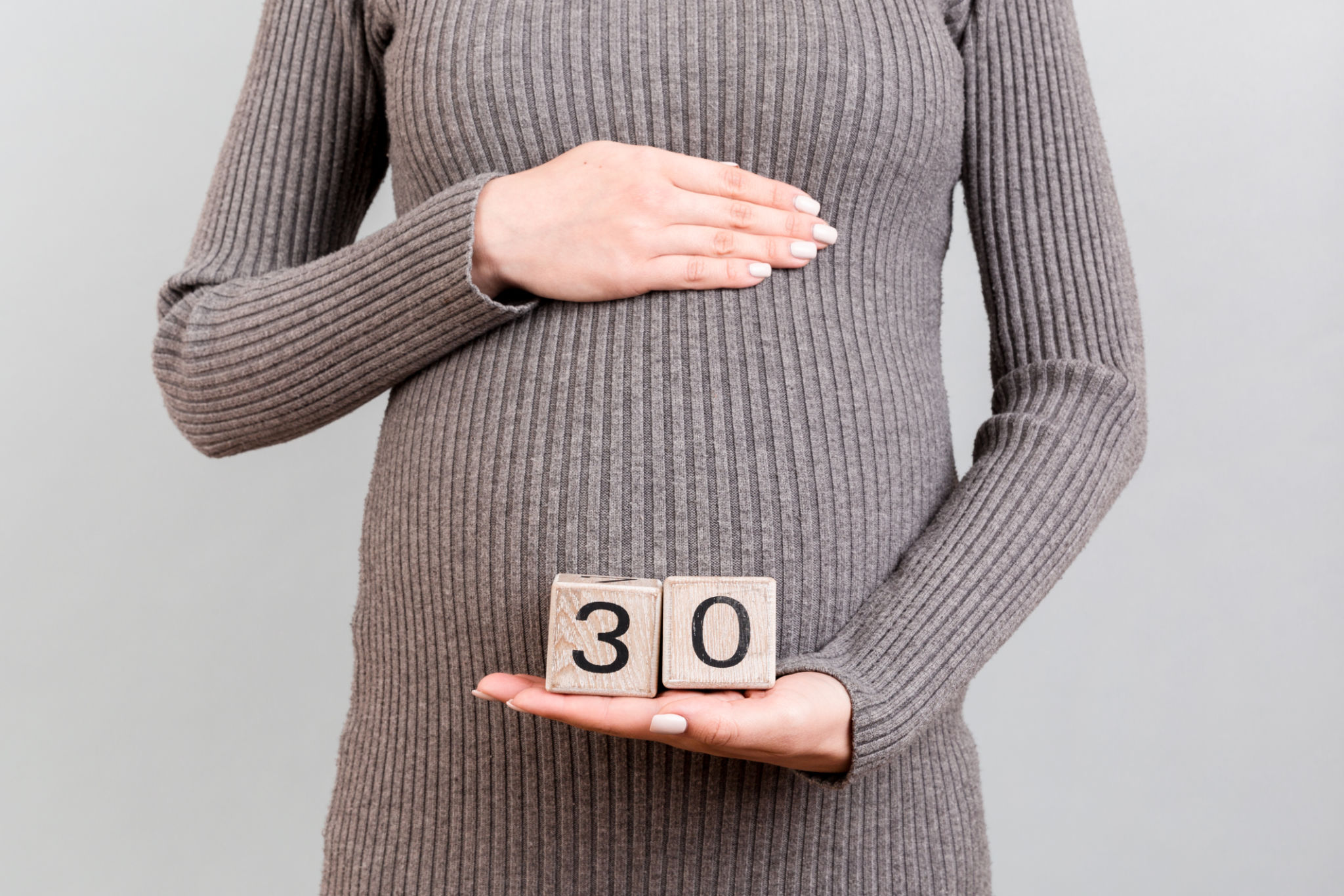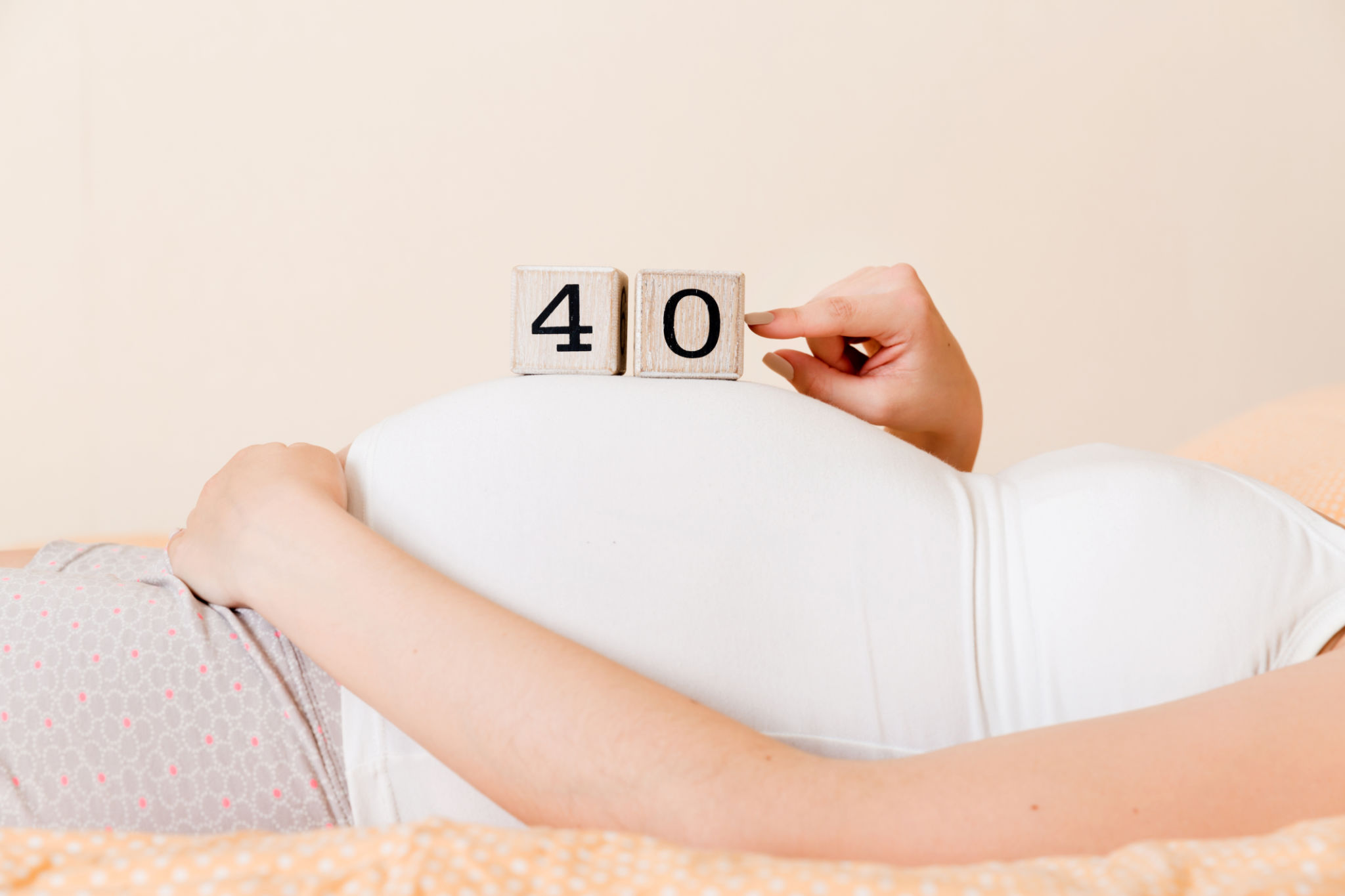Understanding Your Body: Changes During Pregnancy
Pregnancy is a miraculous journey that brings about profound changes—both physically and emotionally. As your body adapts to nurture new life, you may experience a wide array of transformations.
This guide will provide a friendly and comprehensive overview of the changes you can expect during pregnancy, helping you navigate this beautiful yet challenging time.
The First Trimester: Weeks 1 to 12

Physical Changes
1. Hormonal Surge: One of the first changes you’ll notice is an increase in hormones, particularly progesterone and estrogen. These hormones are crucial for maintaining the pregnancy but can also lead to symptoms like fatigue and nausea.
2. Breast Changes: Your breasts may become tender, swollen, and more sensitive as they prepare for breastfeeding. You might notice darkening of the areolas and the appearance of small bumps around your nipples.
3. Nausea and Fatigue: Morning sickness is a common symptom during this trimester, affecting many women with nausea or vomiting. Fatigue is also prevalent as your body works overtime to support the developing fetus.
4. Frequent Urination: As your uterus expands, it puts pressure on your bladder, leading to more frequent trips to the bathroom.
5. Mood Swings: Fluctuating hormones can cause emotional ups and downs. You may feel excited one moment and anxious the next.
Emotional Changes
- Anxiety and Excitement: It’s normal to feel a mix of emotions during this time. You may be excited about the baby while also feeling anxious about the changes ahead.
- Connection with Your Baby: Many women start to feel a deeper connection with their baby during this trimester, even before feeling any physical movements.
The Second Trimester: Weeks 13 to 26

Physical Changes
1. Growing Belly: Your abdomen will begin to expand noticeably as your baby grows. This is often when women start to "show," and it can be an exciting milestone!
2. Increased Appetite: As morning sickness subsides for many women, you may find yourself feeling hungrier than before. It's important to focus on nutritious foods that support both you and your baby.
3. Skin Changes: You might notice a "pregnancy glow" due to increased blood flow, but also potential skin changes like stretch marks or dark patches known as the "mask of pregnancy."
4. Feeling Movement: Around 20 weeks, many women begin to feel their baby move for the first time—a thrilling experience that deepens the bond between mother and child.
5. Physical Discomfort: As your body adjusts to its new shape, you may experience back pain or round ligament pain as your body accommodates the growing uterus.
Emotional Changes
- Stabilizing Emotions: Many women find that their mood swings stabilize during this trimester as their bodies adjust to hormonal changes.
- Planning for Baby: This is often a time when parents start preparing for the arrival of their little one—picking names, setting up a nursery, or attending prenatal classes
The Third Trimester: Weeks 27 to 40

Physical Changes
1. Increased Discomfort: As your baby grows larger, you may experience discomfort from pressure on your organs. Shortness of breath and difficulty sleeping are common complaints.
2. Frequent Urination Returns: As the baby drops lower into the pelvis in preparation for birth, you might find yourself needing to urinate even more frequently.
3. Braxton Hicks Contractions: You may start experiencing practice contractions, known as Braxton Hicks, which are usually painless but can be uncomfortable.
4. Colostrum Production: As you near delivery, your breasts may begin producing colostrum—a nutrient-rich fluid that provides essential antibodies for your new born.
5. Weight Gain: Most women gain about 25-35 pounds during pregnancy, which includes weight from the baby, placenta, amniotic fluid, increased blood volume, and breast tissue.
Emotional Changes
- Anticipation and Anxiety: It’s common to feel a mix of excitement and anxiety as you approach labor. Preparing for childbirth can bring up many emotions.
- Nesting Instincts: Many women experience a strong urge to prepare their home for the baby—cleaning, organizing, and decorating become top priorities!
Conclusion
Pregnancy is an incredible journey filled with various physical and emotional changes that can be both exhilarating and challenging. Understanding these changes can help you navigate this transformative time with confidence and grace.
Remember that every pregnancy is unique; while some women experience many changes, others may have only a few. It’s essential to listen to your body and seek support when needed—whether from healthcare providers, family, or friends.
As you embark on this journey into motherhood, embrace each change as part of an extraordinary experience that culminates in bringing new life into the world! If you have any concerns or questions about your pregnancy journey, don’t hesitate to reach out to your healthcare provider for guidance and support
